
Cognitive impairment is not always associated with dementia. For this reason, a full comprehensive history is an integral component of any assessment. Take the quiz to learn more.

Cognitive impairment is not always associated with dementia. For this reason, a full comprehensive history is an integral component of any assessment. Take the quiz to learn more.
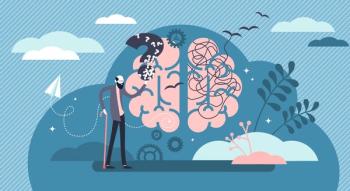
A new formulation of dexmedetomidine meets primary and secondary endpoints in recently completed study.

A new treatment for hallucinations and delusions in individuals with Alzheimer disease may be on the horizon.

New developments in Alzheimer disease treatment and research.

The Lumipulse® G β-Amyloid Ratio in vitro diagnostic test was filed for 510(k) premarket clearance.
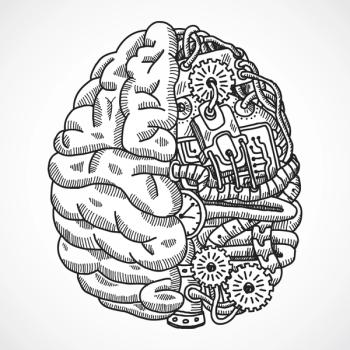
A new study associates a gene that facilitates neuron communication in the nervous system with memory loss.
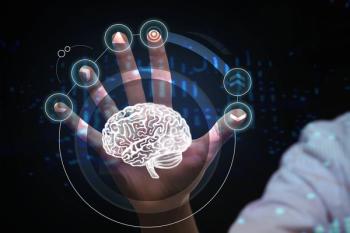
Patients with chronic inflammatory diseases, especially rheumatoid arthritis, are at 800% increased risk for developing Alzheimer disease compared to the general population. A new treatment is in the works to combat this inflammation.
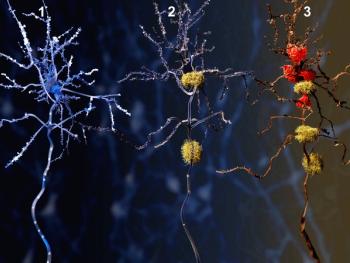
Good news in the fight against Alzheimer disease, with major progress in new, innovative treatments.
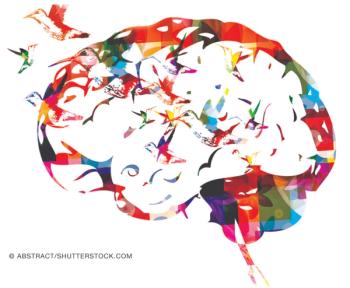
Aaron Burstein, PharmD, shares details from a scientific presentation at the Alzheimer's Association International Conference.

How can psychiatrists help caregivers deal with behavioral disturbances at home, without the possibility of an in-person doctor’s appointment? In this video, Marc E. Agronin, MD, offers tips for helping patients with Alzheimer disease and other dementias.

During this time, many individuals with Alzheimer disease are homebound with their caregivers. Here's how clinicians can help caregivers deal with common dilemmas under stay-at-home orders.
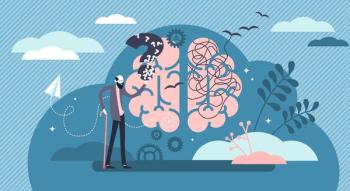
BPSD is associated with worse outcomes for patients with dementia. Management is not standardized, but protocols generally involve the treatment of underlying symptoms followed by the use of nonpharmacological management techniques and evidence-based pharmacotherapy for refractory BPSD.
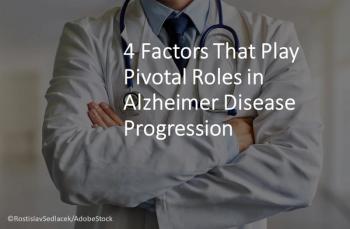
At present there are no treatments to stop or delay underlying disease progression. Current prevalent therapies help to mask the symptoms, but they do not solve underlying causes. A fundamental premise for effective treatment is to make a diagnosis of Alzheimer disease at the earliest stage.
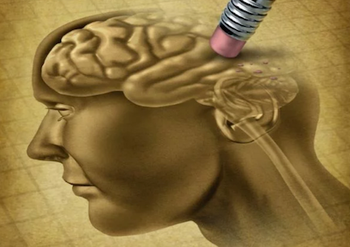
In this video, Marc E. Agronin, MD, discusses several factors that may play a role in agitation. One would be underlying medical causes. It could be an acute disease state impairing brain function. And the list goes on.

A Conversation in Critical Psychiatry with Peter J. Whitehouse, MD, PhD.

Agitation can worsen function, pose safety concerns, and increase caregiver stress. It can be both confusing and frustrating to understand and manage these behaviors, but there are several approaches that can make all the difference.

Patients with a family history of Alzheimer disease worry that normal aging symptoms are the initial indication of a progressive cognitive impairment that they have observed in their relatives. A variety of interventions are discussed.
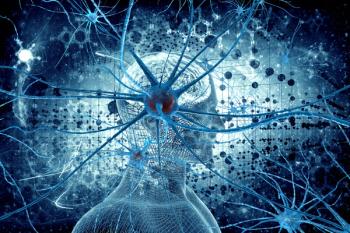
It is crucial for practicing psychiatrists to consider that Alzheimer disease can be aggravated by infections of different origin.

A psychiatrist attempts to stay positive while facing her parents' and loved ones' premature deaths-ever reminding us that hope springs eternal.

Opioids, suicide, and Alzheimer disease all play a large role in the life expectancy drop reported by the CDC.
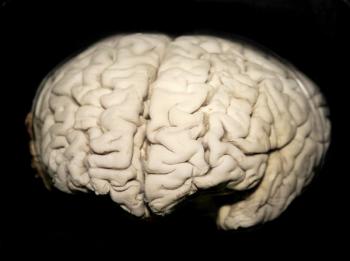
Several misconceptions exist about the study of sex and gender in the AD field. The initial focus of this article is on whether women are at greater risk.

Gerda Saunders, an emerita professor who was diagnosed with vascular dementia at age 60, explores the meaning of progressive cognitive impairment in relationships and life.

Hot off the press: Three new studies, including one that reports middle-age physically fit women are nearly 90% less likely to develop dementia decades later.

This Special Report on Geriatric Psychiatry addresses a variety of clinical issues in the rapidly growing diverse population of older adults.

These common conditions may affect the risk of Alzheimer disease or the ability to cope with daily activities.